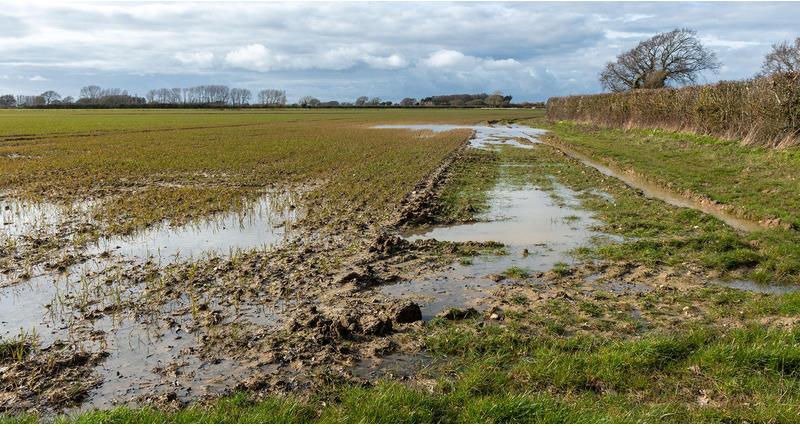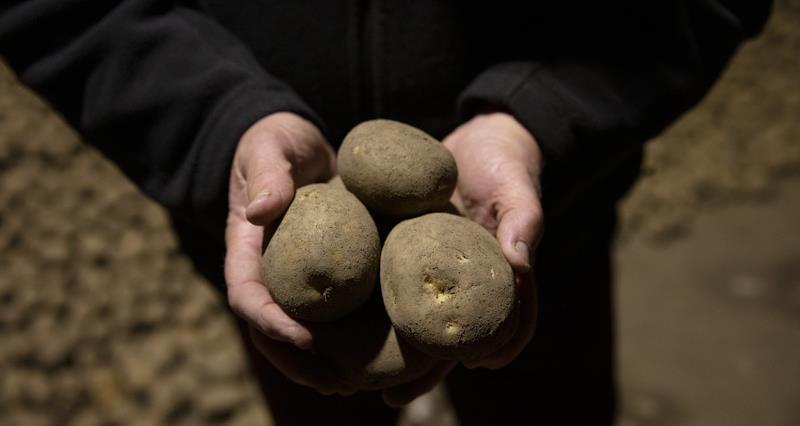The survey has revealed a ‘dramatic decline’ in cereals and oilseed rape planted this year, down by 5% in 2024 to the lowest level for over two decades.
This would be the second lowest area since the year 2000 for oilseed rape, and 59% below the peak area in 2012 for the same period, while the total cereals area is at its lowest since 2007.
Elsewhere, the total wheat area for the UK is estimated to be 1,560 Kha, 9% down on the year. This is the second smallest planted area since 1981, behind 2020.
A modest rise in barley, up 6% at 1,207 Kha and a 9% increase in oats at 180 Kha is ‘more than offset’ by the decline in wheat and oilseed rape areas (9% and 21% respectively), the AHDB has said.
The survey was held between April and June and while the results are less severe than those predicted in the early bird survey in March, AHDB Analyst Matt Darragh has said “this likely reflects the wetter than usual conditions continuing through the spring”.
“Some winter crops, which were in poor condition and targeted to be replaced with spring options, may have been kept because the weather offered limited windows to sow spring crops,” he said.
Wettest growing season on record
Responding to the news, NFU Combinable Crops Board chair Jamie Burrows said the results “aren’t a surprise” given the fact growers have experienced “one of the wettest growing seasons on record” in addition to a backdrop of “burdensome challenges” including high input costs and a reduction in direct payments.
According to the Met Office, rainfall over the UK from September 2023 to May 2024 was the greatest on record since 1836, at 1,157 mm.
“It is just another example of how vulnerable our food security is and highlights the possibility of more crops being imported, potentially grown to lower standards,” Jamie added.
“Boosting our food security is a shared mission of the new government and business confidence is key to that.”
“Boosting our food security is a shared mission of the new government and business confidence is key to that.”
NFU Combinable Crops Board chair Jamie Burrows
The NFU's farmer confidence survey revealed that confidence levels are at their lowest across the majority of sectors since records began, with 82% of respondents citing extreme weather as a leading concern.
Echoing NFU Tom Bradshaw's words following the general election, Jamie said the number one priority for the new government must be to set an increased multi-year agriculture budget for the duration of the next parliament.
This is needed to ensure business confidence increases and that businesses have the resilience to withstand the challenges of climate change, Jamie said.



